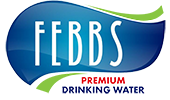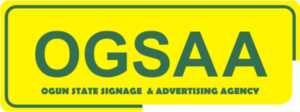COURTESY NILAYO SPORTS MANAGEMENT
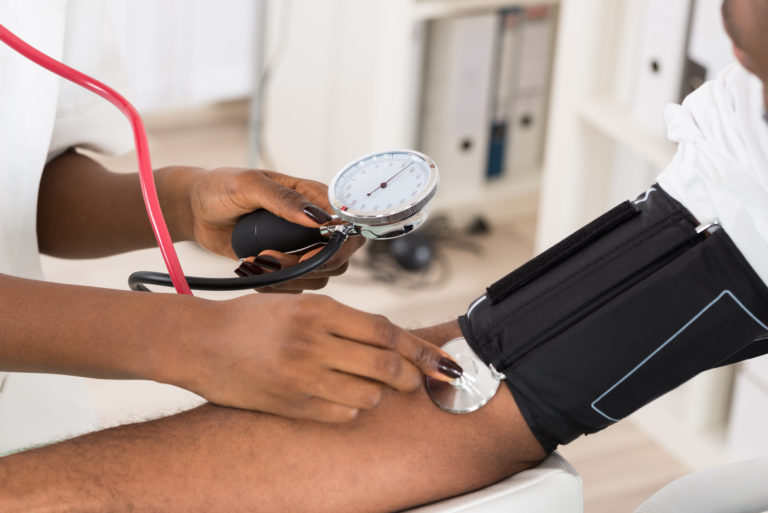
Medical Problems
Ensure you see your doctor if you have any problems that make it a risk to run a marathon. If you have serious medical problems and you get a go ahead from your doctor, you can still participate in the marathon however. You have to send details of your condition and the treatment you are undergoing to the Marathon office in an envelope marked as confidential with your running number.
On Marathon day
Start every race well hydrated. Drinking too little on the run can lead to problems. You need to replace some of the fluid you lose as sweat. Drinking too much can be very dangerous and lead to hyponatremia (water intoxication), fits and even death.
Drink when you feel the need and do not gulp large volumes of fluids before, during or after the race. Your needs vary with your build, your speed and above all the weather.
At the finish
Once you have completed a race, do not stand about getting cold. Keep walking, especially if you feel dizzy, and drink to replace lost liquid.
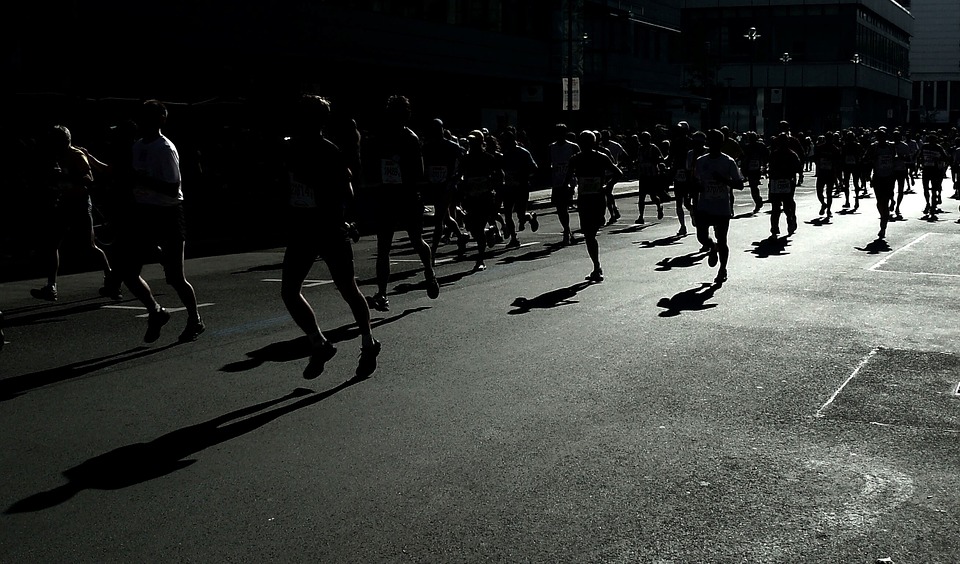
Fitness
Running is good for the heart, however if you have a family history of heart disease or sudden death, or have a high risk from high cholesterol or high blood pressure especially if you have symptoms of heart disease such as chest pain or discomfort on exertion, sudden shortness of breath or rapid palpitations, see your doctor who can arrange for you to have a proper cardiac assessment.
Training
Remember the human body adapts slowly and therefore responds to gradual increases in traning stress. Include one long run, two shorter runs for speed and strength, and an optional easy recovery run day.
To reduce injury risk, vary your training runs, the running surface, the pace and distance, and do not always use the same pair of shoes.
Always run facing oncoming traffic and be visible, you can wear reflective clothing.
Running with these symptoms will shorten your running career so make it a point of duty to see your doctor before the marathon.
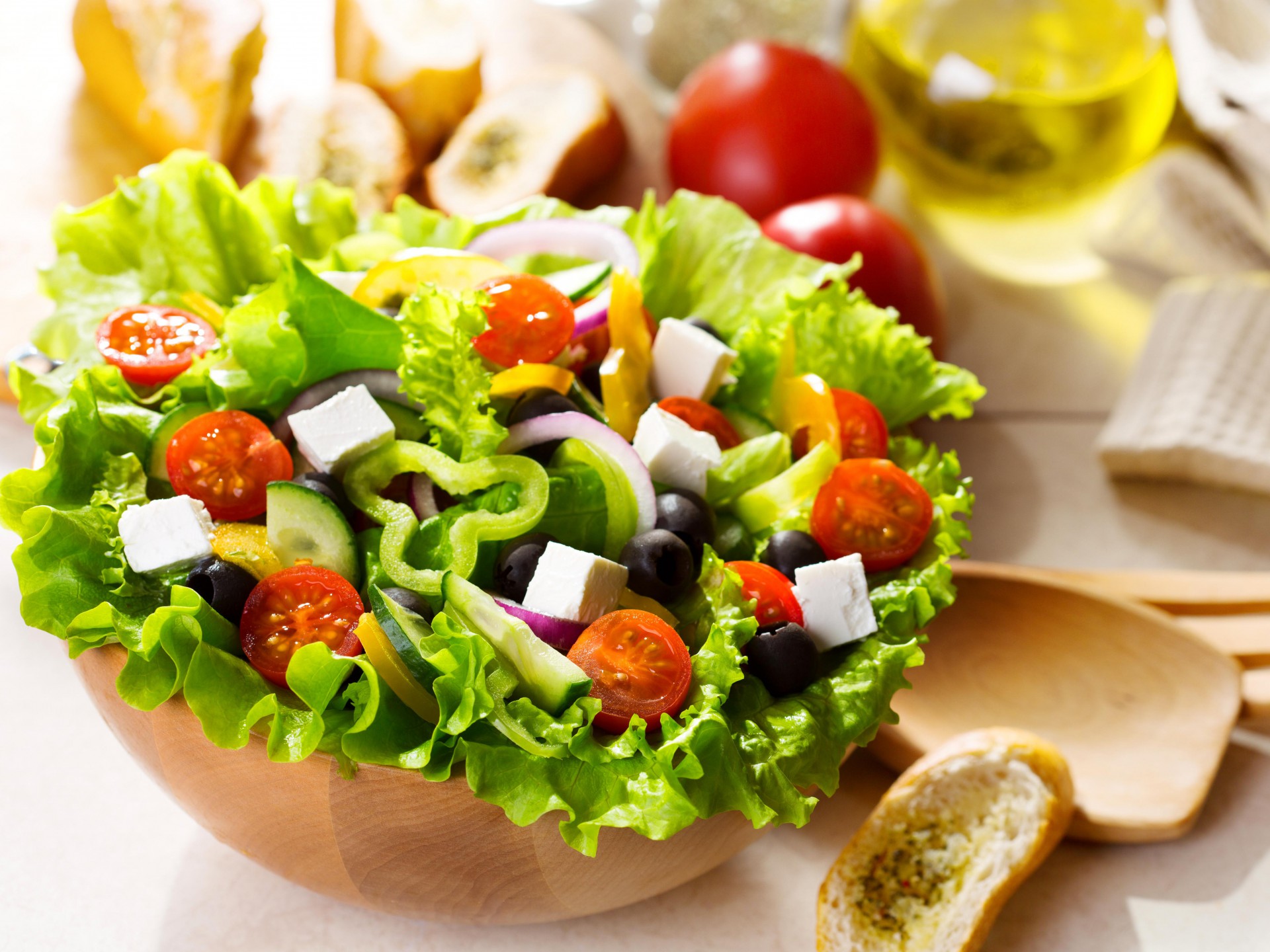
Drinking
Fluid lost in sweat must be replaced otherwise your body becomes dehydrated (short of water) and less efficient. Ensure you take plenty of non-alcoholic drinks when training in hot weather and after long runs.
Avoid alcoholic drinks, tea and coffee can be dehydrating.
Eating
In the days before the race you should make sure your fuel stores (muscle glycogen) are full. Very high muscle glycogen levels can be achieved by just eating more carbohydrates. Eating more carbohydrate does not mean overeating or eating as much as possible!
It just means making sure more of your daily calories are coming from carbohydrate at the cost of some fat. It is a good idea to have the last large meal at lunch time the day before and to have a lighter meal in the evening.
This is also something you should practice in the weeks before or when you have a smaller race coming up.




